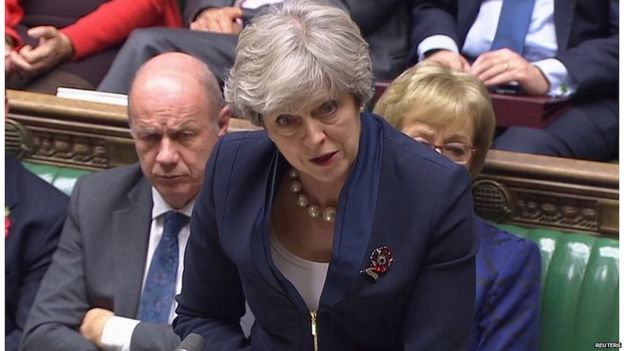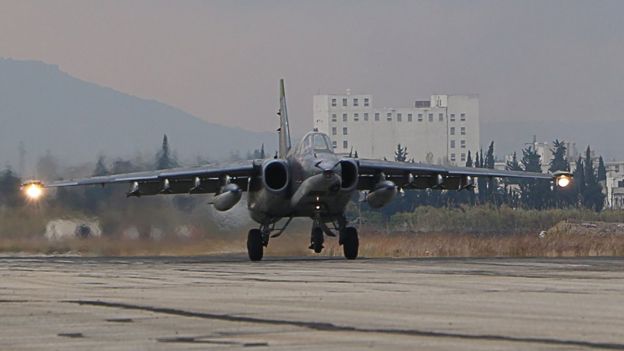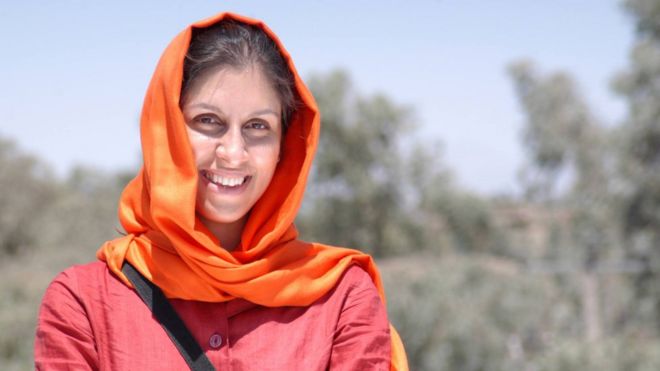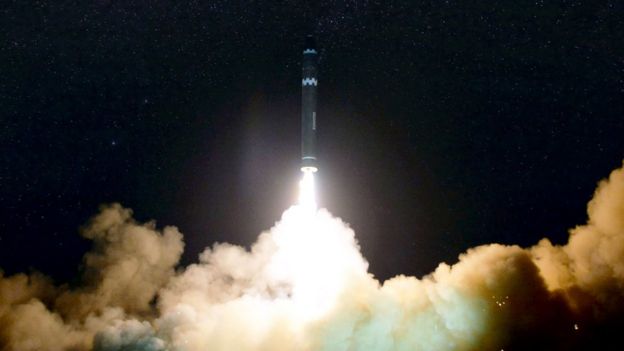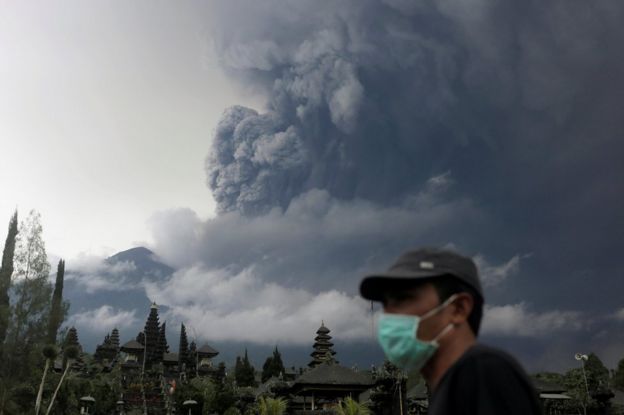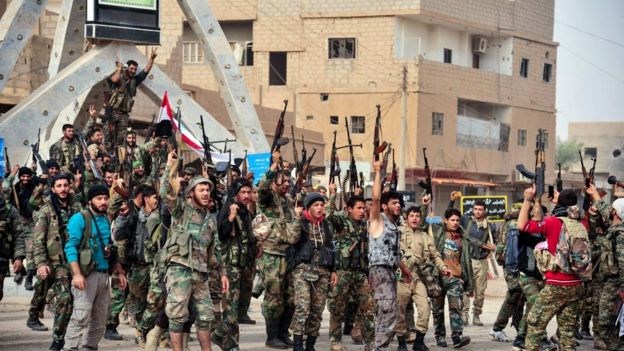Fire and Fury: Inside the Trump White House by Michael Wolff was due out on Tuesday but Mr Wolff says it will now be available for purchase on Friday.
Mr Trump's lawyers said the book contained numerous false statements.
The book cites former top aide Steve Bannon as describing a meeting with a group of Russians as "treasonous".
It also portrays Mr Trump as being surprised at winning the presidency.
The White House has disputed the book's accuracy. Mr Trump earlier said Mr Bannon - who was sacked in August - had "lost his mind" after losing his White House position.
Among a number of explosive statements, Mr Bannon reportedly said, referring to a Trump Tower meeting between top campaign officials and Russia: "They're going to crack Don Junior like an egg on national TV."
The meeting, which involved Mr Trump's eldest child Donald Trump Jr, is being investigated by Special Counsel Robert Mueller as part of his inquiry into possible collusion between Trump campaign officials and Russia to win the election.
Mr Trump strongly denies any collusion took place.
- Trump-Bannon: A knife fight with consequences
- 11 explosive claims from new Trump book
- Who is author of Trump book?
On his Breitbart radio show on Wednesday, Mr Bannon responded to the president's criticism by saying he was a "great man" and that he supported him "day in and day out".
After the president met Republican senators in the Oval Office to discuss immigration on Thursday, a reporter asked Mr Trump if his former strategist had betrayed him. He responded: "I don't know, he called me a great man last night so he obviously changed his tune pretty quick."
Mr Bannon has also been criticised by another former associate, Republican party donor Rebekah Mercer - who has also invested in Breitbart, where Mr Bannon is chairman.
"I support President Trump and the platform upon which he was elected," Ms Mercer told the Washington Post.
"My family and I have not communicated with Steve Bannon in many months and have provided no financial support to his political agenda, nor do we support his recent actions and statements."
What did Mr Trump's lawyers argue?
The legal notice, which has been published by the Washington Post, demanded that author Michael Wolff and the book's publisher "immediately cease and desist from any further publication, release or dissemination of the book".
It accused Wolff of making "numerous false and/or baseless statements" about Mr Trump and said lawyers were considering pursuing libel charges.
The attorney who wrote the letter is Charles J Harder. He also sent a cease-and-desist letter to Mr Bannon on Wednesday, saying he had violated a non-disclosure agreement.
Wolff's book makes many claims, including that:
- The Trump team was shocked and horrified by his election win
- His wife, Melania, was in tears of sadness on election night
- Mr Trump was angry that A-list stars had snubbed his inauguration
- The new president "found the White House to be vexing and even a little scary"
- His daughter, Ivanka, had a plan with her husband, Jared Kushner, that she would be "the first woman president"
- Ivanka Trump mocked her dad's "comb-over" hairstyle and "often described the mechanics behind it to friends"
The book is reportedly based on more than 200 interviews but some of the book's excerpts have already been criticised and questioned.
Still, even if only half of what the book contains is true, it paints a damning portrait of a paranoid president and a chaotic White House, BBC North America editor Jon Sopel says.
You can't buy this kind of publicity
By the BBC's Anthony Zurcher in Washington
Donald Trump might want to familiarise himself with the so-called Streisand Effect. The lesson, most prominently learned by singer Barbra Streisand when she tried to quash photographs of her home that appeared on an obscure website, is that the more you fight against undesirable news, the more you call attention to it.
Thanks to his lawyer's "cease and desist" letter, Mr Trump is giving Michael Wolff and his explosive book the kind of massive publicity boost money alone can't buy.
The highly critical allegations are leading every news programme and newspaper front page (and burying the latest round of glowing US economic news that might otherwise garner attention).
Threatening lawsuits is a common tactic for Mr Trump, dating back to his days as a New York real estate mogul. Very seldom does he follow up with actual court action. In this case, such a move would be particularly risky.
To meet the "actual malice" requirement of US libel law, the president would open himself up to investigation from opposing lawyers seeking to prove that Wolff's allegations had substance - or, at the very least - that he had reason to believe they did.
How has the Trump administration defended itself?
"Steve Bannon has nothing to do with me or my presidency," Mr Trump said in a statement on Wednesday.
Press secretary Sarah Sanders dismissed the book as a "trashy tabloid fiction" that she said was "filled with false and misleading accounts from individuals who have no access or influence with the White House".
- 'I'm not that Steve Bannon'
- Russia-Trump: Who's who in the drama to end all dramas?
A spokesperson for Melania Trump said the First Lady had encouraged her husband's presidential bid. "She was confident he would win and was very happy when he did," she said on Wednesday.
On Thursday, the White House said it was banning personal devices, including mobile phones, from the West Wing, citing security concerns.
In researching the book, Wolff said he had been able to take up "something like a semi-permanent seat on a couch in the West Wing" following the president's inauguration.






